Finding Your “Best Fit” College
“Best Fit” College
If you’re applying to colleges, you’ve no doubt heard a counselor or parent suggest to find a school that’s a “great fit,” as if a college should fit like a pair of comfortable jeans, you know, the ones you always reach for first in your closet, or your favorite sneakers (with the hole in the toe) that you just can’t seem to part with. In a way, that is exactly how college should feel—a “best fit” college should be a place that allows you to be comfortable, to be yourself and, most importantly, to aspire to be your best self.
Research and Self-Reflection
But how do you determine your “best fit” school? Well, start with good ol’-fashioned research coupled with some serious self-reflection. By investigating colleges’ academic, social, and financial offerings and matching them to your own needs, desires, and personality, you can develop a list of potential schools that truly meet the definition of “best fit” college.
Think about Academic Fit When Choosing Your “Best Fit” College
- Look for colleges with programs and majors you may be interested in pursuing, whether it’s art, literature, philosophy, math, social and physical sciences, business, engineering, and/or architecture. Don’t worry if you’re not sure exactly what you want to study. Many colleges and universities offer a broad array of majors and minors to choose from, and most programs don’t require you to declare your major until sometime in your sophomore year.
- Ask yourself how likely you are to be challenged and still succeed at a particular school. Would you be a “rock star” student or blend in with the crowd? Or might you be in over your head academically and struggle to keep up? Your goal is to find an environment that will spark your intellectual curiosity and make you eager to learn more without overwhelming you.
- Are research opportunities and internships important to you? How proactive are the schools on your list at helping students secure those positions? What about career services? What kind of jobs do students get after they graduate? Don’t underestimate a strong, active alumni network, which can be very instrumental in finding jobs, networking, and career development after graduation.
- Does studying in and experiencing a different culture interest you? If so, how robust are the various study abroad programs at the schools you’re considering? If you think you know what you want to study, are there study abroad opportunities for your intended major? If so, where are they?
Social Fit
- Are you currently at a big, diverse high school with tons of students, clubs, and activities? Is that something you enjoy and appreciate? Or are you at a smaller school where everyone knows everyone, and there’s plenty of personal attention from teachers and administrators? Big, medium, or small, ask yourself in what environment are you most likely to make great friends, engage in interesting activities, and thrive socially.
- Do you enjoy a bustling metropolis where students take advantage of all a city has to offer? Or do you prefer a quieter, idyllic college town where students find plenty to do closer to campus? Where will you feel most at home (without being at home)?
- Think climate. If you relish cold, icy winters, snow-covered trees and winter activities, then schools in cooler climates may be best for you. If balmy days in the sun are more your speed, then consider heading to a school in a more temperate climate.
- Do you envision painting yourself in school colors and attending every basketball (football, hockey, soccer) game? Do you love live theater and never miss a show? Does joining a fraternity or sorority and having an instant network of friends appeal to you? Is the library packed, even on weekends? Each college has its own unique culture, so find ones that feel right to you.
- Do you want to play on a competitive team sport? Maybe a less competitive club or intramural sport? Maybe you want to pursue your passion for the arts by participating in a marching band, orchestra, choir, or stage and theater performances. Investigate these opportunities and find out how competitive they are.
Financial Fit When Choosing Your “Best Fit” College
- Understandably, the cost of a college education can be a concern for parents and students, so it’s important to be realistic about affordability when tyring to find your “best fit” college. Ask your parents, guardians, grandparents, whomever is helping fund your college education, to help you investigate colleges’ cost of attendance and average financial aid and/or merit aid offerings so you have an idea of what the college may actually cost you.
- Use tools like colleges and universities’ net price calculators and College Board’s free Estimated Family Contribution (EFC) Calculator to get an idea of how much your family would be expected to pay for college. Keep in mind that you may not need to pay a school’s full “sticker price,” sometimes referred to as cost of attendance (COA). Even schools with the highest price tags can be generous with aid for those who qualify.
- Once you’re admitted and you receive financial aid packages from various schools, be sure to carefully compare packages and decide which make the most sense for you and your family. If you’re unsure how to interpret your packages (they can be confusing), reach out to the college or university’s financial aid office for clarification. Remember, while a college education is typically a wise investment in your future, it’s smart to avoid student debt that you won’t be able to pay off in a reasonable amount of time.
Much like shopping for shoes and jeans, there is no “one-size-fits-all” college or university. Just as each student is individual and unique, so is each and every institution. Whether warm or cold, big or small, urban or rural, or sporty, artsy or nerdy, there are a number of excellent options for every student. So, when searching for the “best fit” college or colleges to apply to, be sure to shop around. If you want to learn more about how to find the right fit for you, reach out to us.
Share this article

Follow us
A quick overview of the topics covered in this article.
Latest articles
Reading Time : 4 mins
Reading Time : 4 mins
Reading Time : 7 mins




